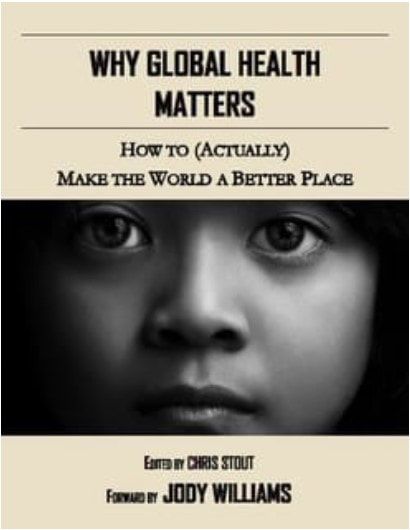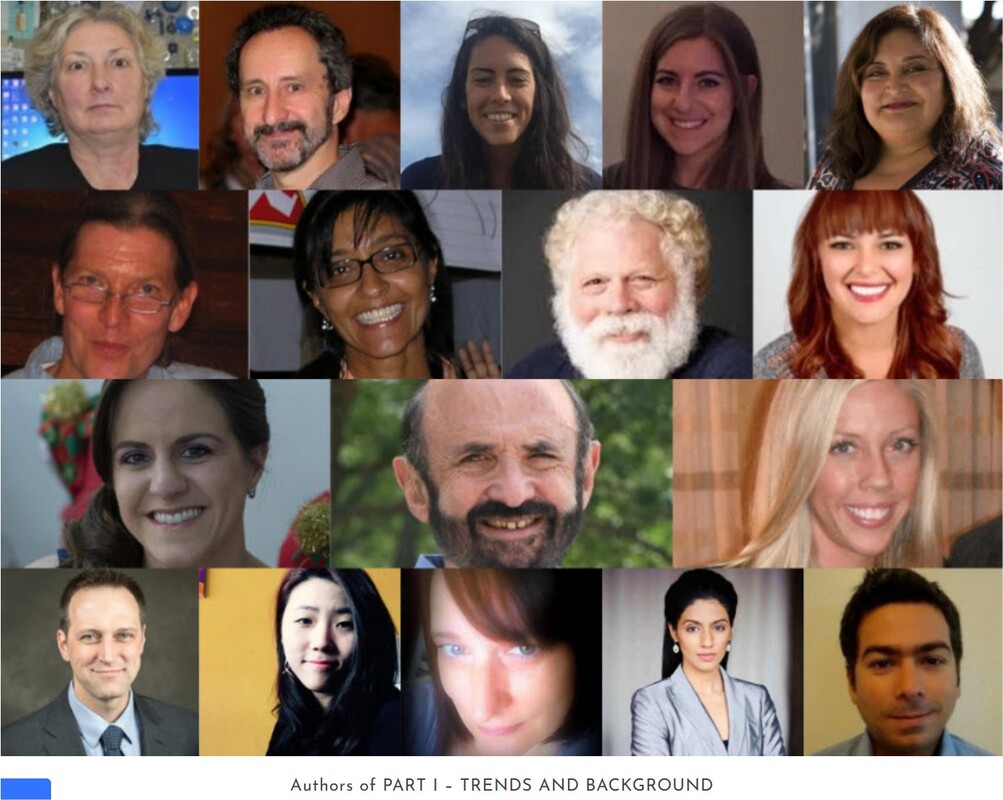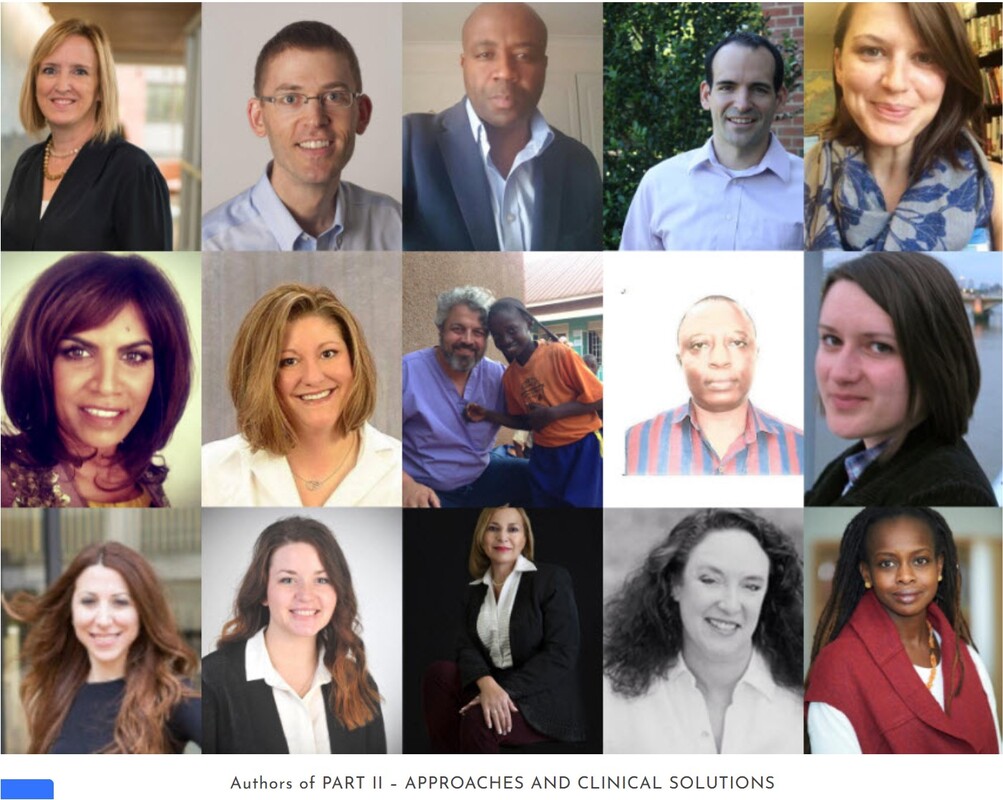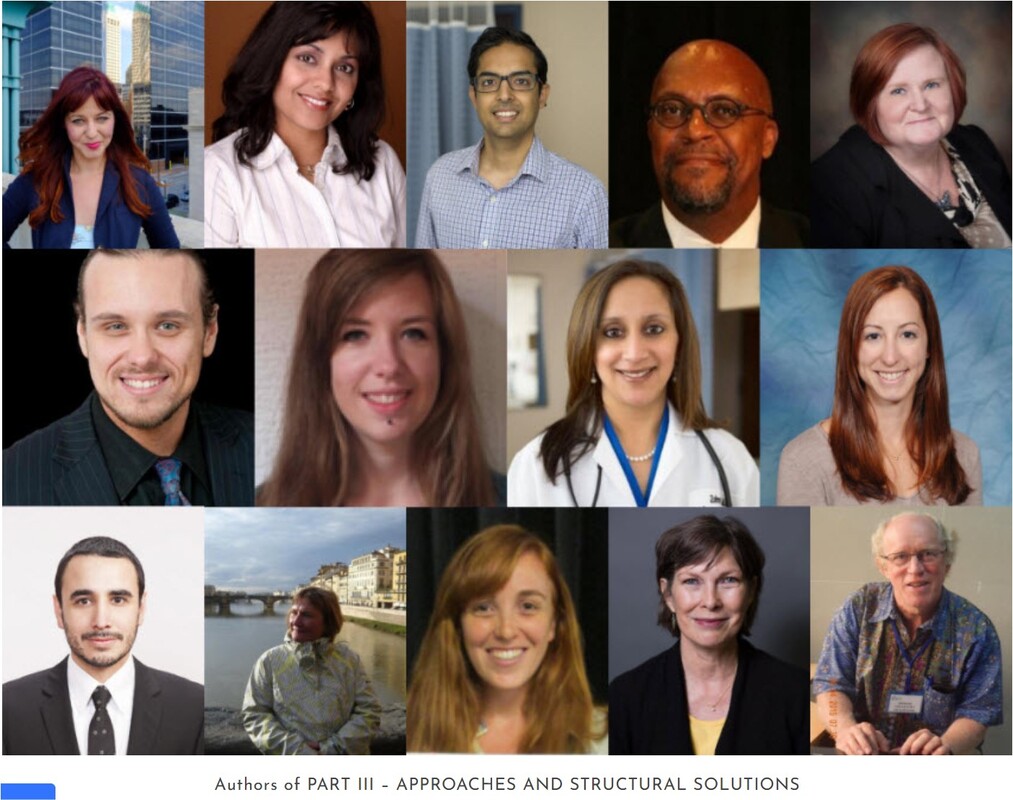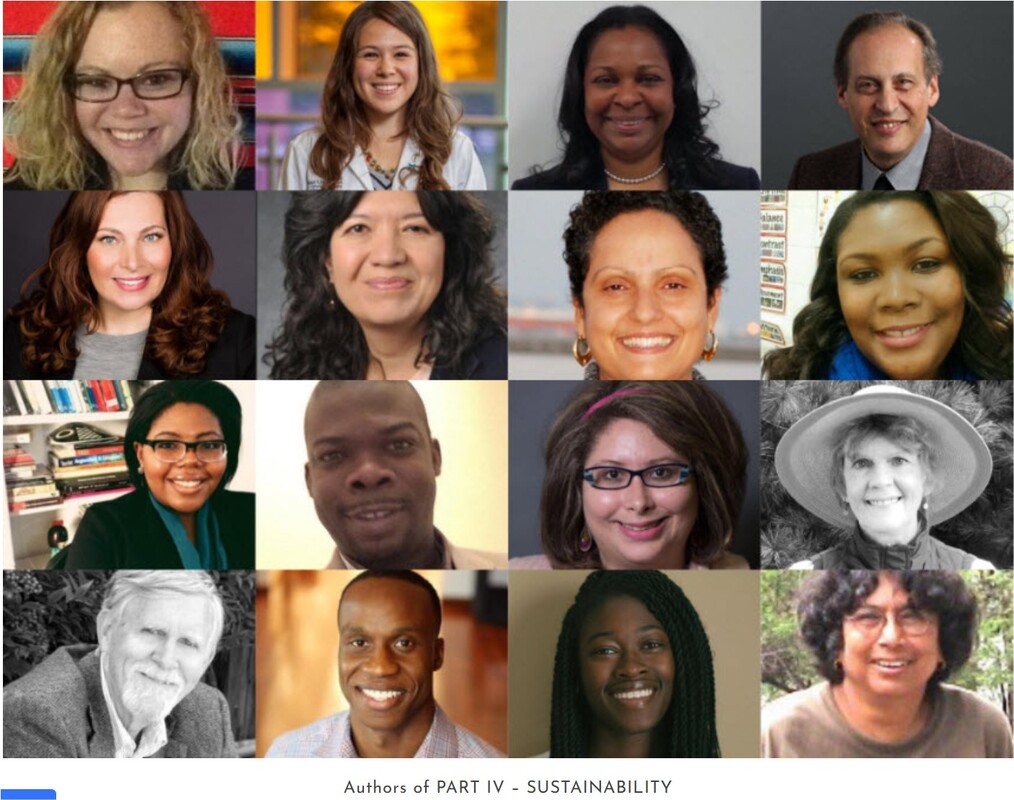|
Why Global Health Matters, according to Nobel Laureate, Jody Williams.
In 1997, the International Campaign to Ban Landmines’ goal for an international treaty banning antipersonnel landmines was achieved. Today 162 nations are part of the treaty and it is considered to be one of the most effective disarmament treaties in the world. Its provisions have resulted in more than three dozen countries being completely cleared of landmines. More than 58 million mines have been destroyed in stockpiles. This has resulted in new victims dropping from 20,000 to 4,000 a year. Of course, that’s still 4,000 too many, but this is a success story nonetheless. In many ways the success of the mine ban movement must be measured beyond the Mine Ban Treaty itself and the changes it has brought about. Our movement demonstrated that when ordinary people come together in common cause, we can create extraordinary change. When we work together with like-minded governments and international institutions, we can help to make the world a better place for everyone and contribute to world peace. This book is an example of one such collaboration. The contributing authors, from around the world and representing many different professions, have pooled their knowledge about global health issues to share with others. Here they address mental health, poverty, HIV/AIDS, dementia, and PTSD. They tackle tough questions about how to act for change; how to start an NGO; how to establish and build curriculums to deal with aspects of these issues; and how to make continual, sustainable, global improvement. Issues pertaining to global health are not just medical in nature. Global health is a vast topic, full of interrelated crises. It is affected by disasters of disease, of nature, and of war, and problems are further aggravated by lack or misuse of resources. Healthcare professionals are needed, but so are financial analysts, engineers, political scientists, agriculturists, volunteer coordinators, and so many others. In other words, regardless of your field of expertise, you too can make a difference. It is my hope, and that of the authors and editors involved, that this book will inspire new projects and improve existing ones as people reading it are motivated to identify problems and work together to solve them. |
Table of ContentsDEDICATION BY CHRIS STOUT
FOREWORD BY JODY WILLIAMS ACKNOWLEDGEMENTS BY CHRIS STOUT INTRODUCTION BY CHRIS STOUT AND GRACIE WANG PART I – TRENDS AND BACKGROUND 1 GLOBAL MENTAL HEALTH: EXAMINING TRENDS GLOBALLY AND AMONG DEVELOPING REGIONS Lori Holleran, Maryke Van Zyl, and Bruce Bongar 2 GLOBAL HEALTH IMPACT OF WAR, TERRORISM, CONFLICT, AND POLITICAL INSTABILITY Falu Rami and Kathleen Davis 3 A COMPARATIVE ANALYSIS OF GLOBAL HEALTH IN SOUTH AND SOUTHEAST ASIA (INDIA, SRI LANKA, MALAYSIA, AND SINGAPORE) Anjhula Mya Singh Bais 4 HIV/AIDS AND GLOBAL HEALTH: A MINORITY STRESS PERSPECTIVE Shufang Sun, William T. Hoyt, and Ryan P. Westergaard 5 PERSPECTIVES ON WORLD SLEEP DISTURBANCES Kathy Sexton-Radek and Alissa Rubinfeld 6 THE ROLE OF NEUROPSYCHOLOGICAL ASSESSMENT IN THE GLOBAL ACTION AGAINST DEMENTIA Octavio A. Santos and Caroline D. Bergeron 7 A RECURRING GLOBAL SYNDROME: CHALLENGES IN TREATING AN EPIDEMIC OF COMMUNAL TRAUMA Steve Olweean and Myron Eshowsky 8 ACTIVATING COMPASSION INTO MEANINGFUL IMPACT Neena S. Jain and A. Maya Casagrande PART II – APPROACHES AND CLINICAL SOLUTIONS 9 MEANINGFULWORLD’S RESPONSE TO A CRISIS IN GLOBAL TRAUMA AND HEALTH Daria Diakonova-Curtis, Ani Kalayjian, and Loren Toussaint 10 COMMUNITY HEALTH WORKERS AS AGENTS OF CHANGE: CASE STUDIES FROM HAITI, TANZANIA, AND BURMESE REFUGEES IN THE UNITED STATES Brandon A. Knettel and Shay E. Slifko 11 THE UTILIZATION OF THE BIOPSYCHOSOCIAL MODEL FOR DISEASE PREVENTION AND GLOBAL HEALTH PROMOTION Samara Lipsky and Marissa Vishnu Mack 12 PROMOTING GLOBAL MENTAL HEALTH THROUGH COUNSELOR EDUCATION Amy Nitza, Kerrie Fineran, and Lidija Hurni 13 PTSD IN UGANDAN REFUGEES: ESTABLISHING A PEER-COUNSELING PROGRAM WITH A GLOBAL HEALTH PARTNER Kenneth H. Kessler 14 PTSD UNITES THE WORLD: PREVENTION, INTERVENTION, AND TRAINING WITH THE THERAPEUTIC SPIRAL MODEL Kate Hudgins 15 AMAUDO ITUMBAUZO – SETTLEMENT OF PEACE: A COLLABORATIVE APPROACH TO COMMUNITY-BASED PSYCHOSOCIAL SERVICE PROVISION IN SUB-SAHARAN AFRICA Adeyinka M. Akinsulure-Smith, Enyi Anosike, and Kenneth Nwubani PART III – APPROACHES AND STRUCTURAL SOLUTIONS 16 INTERNATIONAL DISASTER PREPAREDNESS AND RESPONSE Stephanie Benjamin 17 A CURRICULUM FOR INCREASED PSYCHOLOGICAL WELLBEING WORLDWIDE Barbara Lutz and Nausheen Pasha-Zaidi 18 THE ROLE OF MENTAL HEALTH IN PEACEBUILDING INTERVENTIONS: A 3B’S ANALYSIS APPROACH Lisa M. Brown, Tristan Hansell, and Robert Groelsema 19 PROJECT 1948: ESTABLISHING AN NGO IN GLOBAL HEALTH Aaron Hermann, Jenifer L. White, and Klara Lubej 20 ESTABLISHING A VIRTUAL ACADEMY FOR OVERCOMING GLOBAL POVERTY: TAKING KNOWLEDGE INTO ACTION Marlene J. Cohen and Joseph Martin Stevenson 21 Investing INVESTING IN THE GLOBAL HEALTH WORKFORCE Zohray Talib and Lalit Narayan 22 GLOBAL HEALTH AND ETHNOCENTRISM: CHALLENGES IN ESTABLISHING A GLOBAL HEALTH CURRICULUM IN JAPAN Daniel Velasco PART IV – SUSTAINABILITY 23 FROM SURVIVING TO THRIVING: THE ROLE OF MENTAL HEALTH IN FACILITATING GLOBAL HEALTH AND ATTAINING SUSTAINABLE DEVELOPMENT Roseanne Flores, Ayorkor Gaba, Rashmi Jaipal, Nélida Quintero, and Neal Rubin 24 PRIMARY CARE IN GLOBAL HEALTH: A SUSTAINABLE, INTEGRATIVE APPROACH Genomary Krigbaum, Gretchen Johnson, and Amma Boakye 25 PLANTING SEEDS, GROWING DOCS IN KENYA Kathleen B. Harrison and John A. McNulty 26 GLOBAL HEALTH AND HIV/AIDS: YESTERDAY, TODAY, AND TOMORROW Laura Reid Marks, Madeline Stenersen, and Shondolyn Sanders 27 CAPACITY STRENGTHENING DEFINED BY LOCAL ORGANIZATIONS Neena S. Jain and A. Maya Casagrande 28 PROMOTING SUSTAINABLE CHANGE SO THAT COMMUNITIES THRIVE WITH AND WITHOUT US Efosa Guobadia 29 A GUIDE TO DEVELOPING SUSTAINABLE GLOBAL HEALTH PROJECTS Tiffany Masson, Alisha DeWalt, and Philip Adu AFTERWORD: EXPONENTIAL LOVE: WE CAN CHANGE THE WORLD THROUGH ONE TOUCH POINT AT A TIME Efosa Guobadia Be sure to buy your copy today on Amazon in paperback or Kindle or PDF-on-demand. All purchases fund the work of the Center for Global Initiatives.
Thank you. |
Contributing AuthorsFirst and foremost, I want to thank the amazing group of contributing authors that have made this book such a success. When one stops for a moment to realize that many of the authors herein are responsible for changing/saving many lives had it not been for their work and passion. Period. Full stop.
It is their zeal that has so inspired me to take on this project. My thanks to each of you for taking the time to craft the chapters that have become this book. I am fortunate to be able to call each of you my friend, and the world is blessed to have you. I hold a great and abiding respect for all of those working in global health in all of its varied forms. The world is in your debt. - Chris Stout Be sure to buy your copy today on Amazon in paperback or Kindle or PDF-on-demand. All purchases fund the work of the Center for Global Initiatives.
Thank you. |
What Others are SayingThe world is increasingly facing natural and man-made humanitarian disasters that negatively impact the health and well-being of the world's most vulnerable populations. In this current political and environmental climate, it is even more essential to reengage and act in a responsible, sustainable, feasible, and effective manner to "make the world a better place." Chris Stout has compiled an incredible cadre of humanitarian activists, scholars, and scientists from a wide range of academic spheres to share insights on why global health matters and lessons learned from the field. These diverse global health practitioners help shed light on the complexities, scope, and interrelated nature of this work, with an emphasis on understanding the importance of mental health in overall well-being. This book will no doubt serve to inspire a new generation to embrace this meaningful calling, as well as encourage and inform those of us making our way in this essential and complex field of study.
– Valerie Dobiesz, MD, MPH, FACE Director of External Programs: STRATUS Center for Medical Simulation, Brigham & Women's Hospital, Harvard Humanitarian Initiative, Harvard Medical School Why Global Health Matters is not the only book out there that highlights global health issues; however, this book, edited by Chris Stout, aims to illustrate how seemingly disparate disciplines intersect to work towards health for all. Through a broad mental health lens, the book draws upon the humanitarian aspects of work experts have been doing in their field. The World Health Organization defines health as “a state of complete physical, mental, and social well-being and not merely the absence of disease or infirmity.” However one defines it, the achievement of health is multifaceted, complicated, and not a guarantee. There are a multitude of biomedical, cultural, and socioeconomic factors that impede its path. To work towards health and make a difference requires a holistic approach. No one person can accomplish it alone. This book excels in highlighting the various ways and means of what people have done and people can do to tackle seemingly impossible challenges and solve them.
– Janet Lin, MD, MPH Associate Professor, Emergency Medicine (College of Medicine) and Community Health Sciences (School of Public Health), Director of Health Systems Development (Center for Global Health), University of Illinois at Chicago Why Global Health Matters addresses some of the most important issues facing humanity today. Not only does it provide an insightful description of global health problems, but the book focuses on important, sustainable solutions. An insightful and eye-opening read that will challenge you to engage.
– Greg Martin, MD Chief Editor at Globalization and Health, Board of Directors at Irish Forum for Global Health Chris Stout’s latest publication provides a wealth of resources for practitioners, researchers, academics, leaders, individuals, and groups who are interested in addressing the complexities of global health. The wide range of contributors provides a rich background for grasping the scale of what we need to address as we learn to live together. As they integrate physical health and emotional well-being, the authors map our way forward using sustainable solutions. We now have a practical approach to examining the scope of the global health problems and opportunities, and a clear case for community-based solutions.
– Breeda McGrath, PhD Dean of Academic Affairs, The Chicago School of Professional Psychology That the world is effectively both shrinking and yet remaining unstable seems clear. Psychology has much to offer in regard to the manifestations of this instability, perhaps especially to health and mental health concerns. We can learn from each other, from our research, our practices, and our successes. I know no one more qualified and more expert in world mental health than Chris Stout, and he has brought together an amazing team to discuss global health and mental health issues and their interaction. This volume can actually help make the world a better, healthier place.
– Kurt F. Geisinger, PhD Meierhenry Distinguished University Professor and Director, Buros Center for Testing, The University of Nebraska-Lincoln Global health is a flourishing area of research, practice, training, and advocacy. Edited by Dr. Chris Stout, Why Global Health Matters features chapters by internationally renowned experts who recognize that global health is multiply determined and calls for innovative, yet feasible policies and programs designed by all stakeholders. The diverse sections of the book share a core message: a multidisciplinary, multisectoral, and multicultural approach is essential for understanding, improving, and sustaining global health. Why Global Health Matters is a font of information drawn from contemporary research and fieldwork and is an indispensable benchmark resource for academics, practitioners, and students. Why Global Health Matters is an inspiration to anyone interested in socially responsible action aimed at improving the well-being of at-risk or suffering individuals and communities.
– Michael Stevens, PhD, DHC International Psychology Program at The Chicago School of Professional Psychology, Past-President of the APA Division of International Psychology Be sure to buy your copy today on Amazon in paperback or Kindle or PDF-on-demand. All purchases fund the work of the
Center for Global Initiatives. Thank you. |
